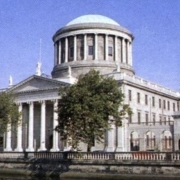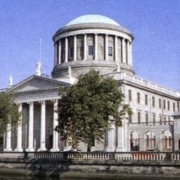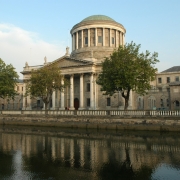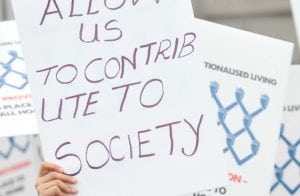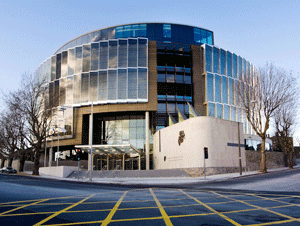JUDGMENT ON FAMILY REUNIFICATION OF ADOPTED CHILDREN UNDER SECTION 56
On 22nd July 2022, Ms. Justice Donnelly of the Civil Court of Appeal delivered judgment in the case of H.A. v. The Minister for Justice. The Minister for Justice appealed to the Court of Appeal following the Judgment in favour of the applicant in the High Court.
H.A. is a national of Somalia who was granted refugee status in the State by the Minister on 9th July 2019. On 11th June 2020, H.A. submitted a request for her husband, niece and nephew to join her in the State on the ground of family reunification under section 56 of the International Protection Act. H.A.’s request was granted for her husband and rejected for her niece and nephew.
H.A.’s niece and nephew, ‘X’ and ‘Y’, are cousins. X and Y are orphans after both children’s parents died during fighting in Somalia. On 11th November 2019 a Somali court issued H.A. a “Declaration of Responsibility” in respect of X and Y, making H.A. the legal guardian of the children. When H.A. applied for family reunification, she classified X and Y as her ‘non-biological children’ and included the Declaration of Responsibility among the supplemental documents.
H.A.’s letter of request also referenced the then-recent judgment in X v. Minister for Justice and Equality (2019), in which Mr. Justice Barrett J. held that there is a “wide diversity of family structures” and that the definition of a “child” can extend beyond that of biological and adopted. In a judgment delivered on 7th June 2020, two days before H.A. submitted her application for family reunification, the Supreme Court overturned Mr. Justice Barrett’s judgment, holding that the definition of a child, for the purposes of section 56 of the International Protection Act 2015, is confined to a biological or adopted child only.
H.A. applied for judicial review on the decision, stating that she believed the Declaration of Responsibility was not adequately considered and for failure to provide reasons for the decision. H.A. argued that a “refugee-sensitive” approach to the concept of adoption should be taken in this case, considering the family’s situation and the differences in the interpretation of adoption across different cultures.
Mr. Justice Ferriter J. of the High Court agreed that the Declaration of Responsibility was a vital part of H.A.’s application for family reunification. He held that the decision-maker had erred by not referencing or engaging with the Declaration of Responsibility.” Mr. Justice Ferriter declined to rule on whether X and Y would fall under the restricted definition of “child” according to section 56 of the International Protection Act (2015) and conceded that H.A. may have difficulty proving that X and Y are her children according to this limited definition. Mr. Justice Ferriter further stated that H.A. should be given the opportunity to make that argument.
The Minister submitted that because Somalia is not a Hague Convention country, there is no bilateral agreement even if the Declaration of Responsibility translates to adoption in Somali culture. H.A. submitted that the key issue was rather the law of the country of origin, because “the Declaration of Responsibility is equivalent in large part to a foreign adoption although it could never be recognized as such under the Hague Convention.”
Ms. Justice Donnelly’s ultimate findings are that the High Court was correct in finding that the Declaration of Responsibility was not properly considered by the Minister and the Declaration was vital to determining whether X and Y are non-biological children of the respondent.
Ms. Justice Donnelly further found that the Minister’s assertion that the trial judge incorrectly granted certiorari on the grounds that H.A.’s case was “bound to fail” must be rejected.
Ms. Justice Donnelly states that “the respondent’s case has reached the level of arguability that is required before a court should decline the invitation to refuse to grant certiorari on the ground that the subsequent remittal would be a futile exercise.”
We submit that the Supreme Court decision in the X case has clarified that a “child” within the meaning of Section 56 is limited to biological and adopted children and this position was followed by the Court of Appeal in this case.
However, we submit that the precise meaning of an “adopted child” is a matter which is still to be tested before the Courts, the Court in this case noted:
.An important consideration is that while X v. Minister for Justice and Equality held that the child of a sponsor meant solely the biological or the adopted child of the sponsor, the Supreme Court was not asked to, and did not consider, the precise meaning of “[a]dopted child” as set out in s. 18(d) of the Interpretation Act. That point did not arise in X and, as is frequently said, a point not raised is a point not decided.

